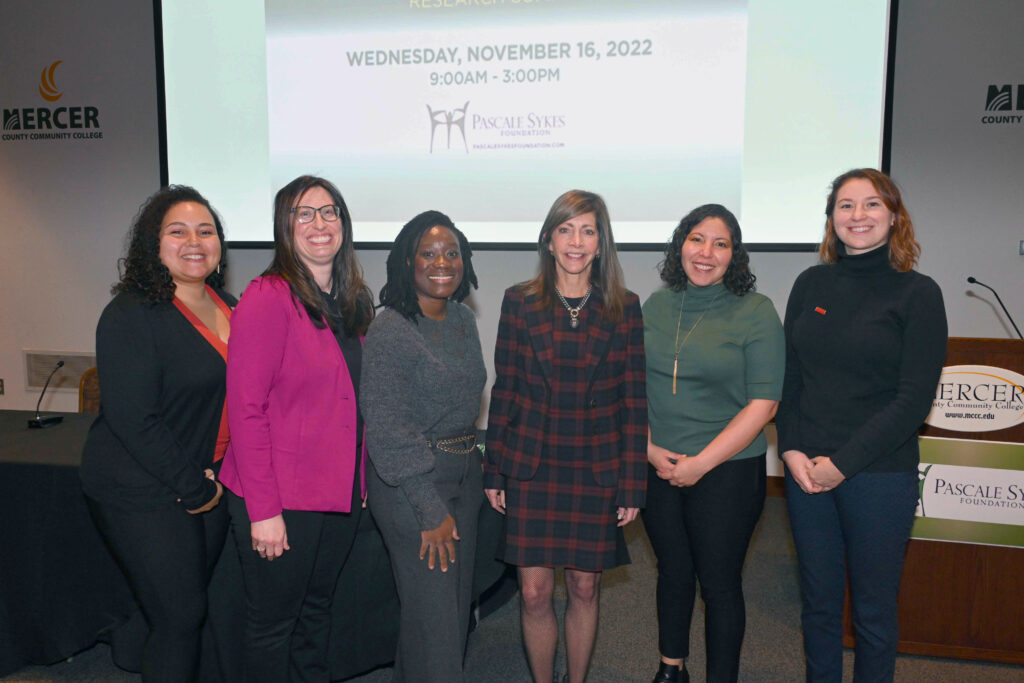
The Senator Walter Rand Institute for Public Affairs conducts policy and practice-relevant research about social and community issues in South Jersey. WRI’s mixed methods approaches lead to rigorous and reputable research and data analysis across a variety of content areas, including transportation, public health, education, food insecurity, and workforce development. WRI collaborates with state and local agencies, legislators, and community providers to bring the research that matters to South Jerseyans to the forefront.
WRI also supports university-wide initiatives at Rutgers-Camden with research and data analysis support, and collaborates with a variety of faculty and centers across the university to conduct South Jersey-based research.
Approach

WRI is located in the heart of Camden City and regularly engages in projects across Southern New Jersey, the state of New Jersey, and in Camden City. Our work is highly collaborative and multidisciplinary–WRI’s researchers are social scientists and span diverse backgrounds– e.g. public health, criminal justice, public policy, education, psychology, and prevention science. From housing and transportation, to education and addressing the opioid epidemic, WRI applies its robust methodologies to the social issues facing South Jersey and is a resource for research and data around those issues.
At WRI, we believe that community is at the center of informing systems, policy, and practice, and we approach community-engaged research with humility and authenticity. With this in mind, WRI is highly responsive to the community in developing research plans, and we strive for inclusive research methods that utilize a community-sensitive approach to data collection, analysis, and dissemination. These principles are a driving force and sit at the very center of each project we undertake.

Research Expertise

We partner with State and local agencies, community providers, and policymakers to conduct research, analyze data, support the development of research questions and goals, and evaluate programs and projects. WRI also regularly translates its research and data for a variety of audiences and settings across sectors, ensuring that the findings are easily accessible for decision makers, community partners, and the residents of South Jersey
- Needs Assessments
- Program and Project Evaluations
- Data Analysis
- Data Collection
- Fact-finding and Secondary Data collection and analysis

Methods

WRI employs both quantitative and qualitative methods in its research and evaluation practice, mainly via:
- Surveys
- Interviews
- Focus Groups
WRI specializes in qualitative research and recognizes its ability to highlight nuanced issues and solutions in communities across the region and State. Community members, policy makers, decision-makingers, and community partners have valuable perspectives regarding policy and practice, and qualitative research permits them to be heard as part of the research.

